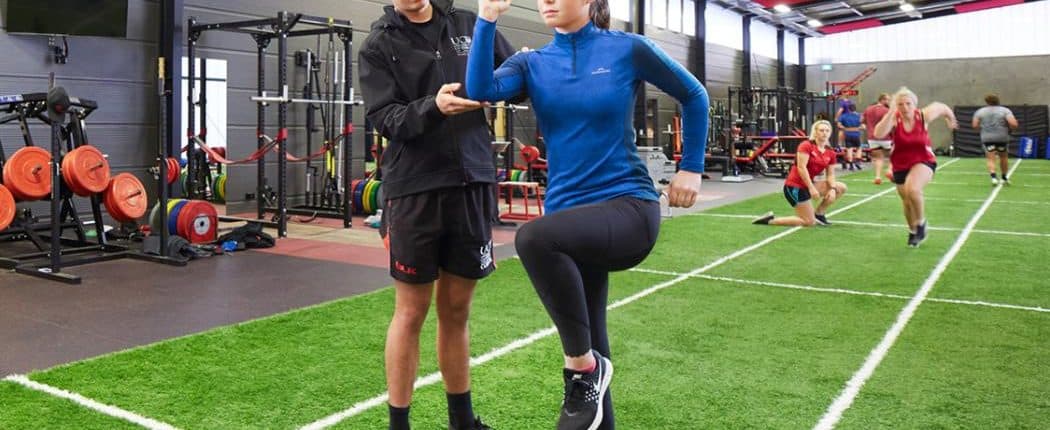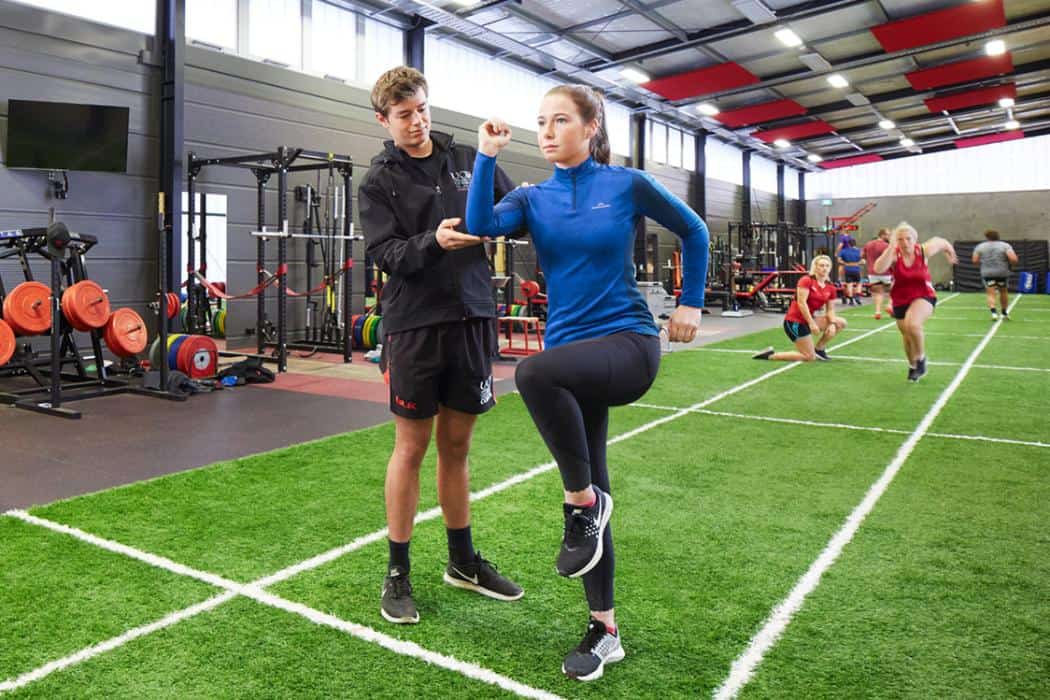Methodical Planning & Reflection for Coaches
Your weekly research review
- Background & Objective
- What They Did
- What They Found
- Practical Takeaways
- Reviewer’s Comments
- About the Reviewer
- Comments

Original study
Collins, D. and Collins, L., 2020. Developing coaches’ professional judgement and decision making: Using the ‘Big 5’. Journal of Sports Sciences, pp.1-5.
Introduction
The development of professional judgment and decision-making is an important part of enhancing the expertise of a coach and influencing an athlete’s performance (see HERE). Having a clear process of how to achieve these aspects allows coaches to make more informed and considered decisions in their planning. It improves their ability to adapt session content and direction during the session, before reflecting on the quality, appropriateness, and outcomes of these choices (see HERE). Decision-making in this context refers to the choices a coach is making regarding the session format, timings, exercise/drill selection, logistical consideration, and health and safety.
A decision-making process looks to reverse engineer the desired outcome in order to define what choices need to be made and when to facilitate best practice (see HERE). Combining clear decision-making with reflective planning and practice aims to provide coaches with an in-depth assessment of their environment and promote situational awareness. Using a tool or framework to facilitate this also allows a more collaborative approach within the multidisciplinary team. This article investigated the appropriateness of an experiential learning method referred to as the “Big 5” for use as a decision-making and reflective practice tool for coaches in action sports (AS).
What They Found
Over a twelve-month period, forty-seven AS managers, centre leaders, and experienced AS instructors were provided training via workshops and practical sessions on how to integrate the Big 5 into their daily practice. Following semi-structured interviews, the researchers found that:
⇒ The mean reported score for learning adventure managers was +3.1 and AS
instructors was +4.1 (based on a scale of -5 to +5).
⇒ The participants noted that the model has some good utility, with staff discussions relating to planning and reviewing of safety incidents to inform better practice.
⇒ Instructors confidence to challenge each other’s practice was reported as a positive impact.
⇒ Participants reported an important benefit of the Big 5 was creating awareness for different options and courses of action.
What This Means
It was clear that adding structure to the planning, decision-making, and reflection process can have a positive impact on multiple areas, such as:
⇒ Safety and execution of AS training by expanding health and safety considerations, as well as considering alternative scenarios, courses of action,
and outcomes.
⇒ Staff interaction and communication specifically, that which relates to approaching challenge and feedback in a defined, constructive, and nurturing manner.
⇒ The self-confidence of both AS instructors and managers to review and improve their own practice, the practice of their colleagues (through effective challenge and communication), and the organisational standard operating procedure.
This study highlights the requirement for greater research into the utility of the Big 5 model amongst different sports and roles in order to establish its efficacy in general coaching practice. However, the basic principles and premise of
structured, agreed-upon planning, and reflection, should form part of every coach’s professional development.
[optin-monster-shortcode id=”jyyw4xzrpuivfz8gggx4″]
Practical Takeaways
Coaches can use comprehensive questions, such as those presented in
the Big 5 model. To plan and reflect on your practice by asking yourself
the following questions:
⇒ What are the most important variables I must consider in order to
ensure positive outcomes?
⇒ Who are the key stakeholders?
⇒ What are the environmental considerations?
⇒ What variables may influence a positive training
outcome?
⇒ How else could I have approached this situation?
⇒ Why did I choose that course of action?
⇒ Did I consider all the most relevant and important
information prior to making my plan?
⇒ Did I exhibit high levels of situational awareness?
⇒ Was my planning holistic and directly in line with the
desired outcomes?
⇒ During the session/activity, did I consider the needs
of the athletes, logistics and safety appropriately?


